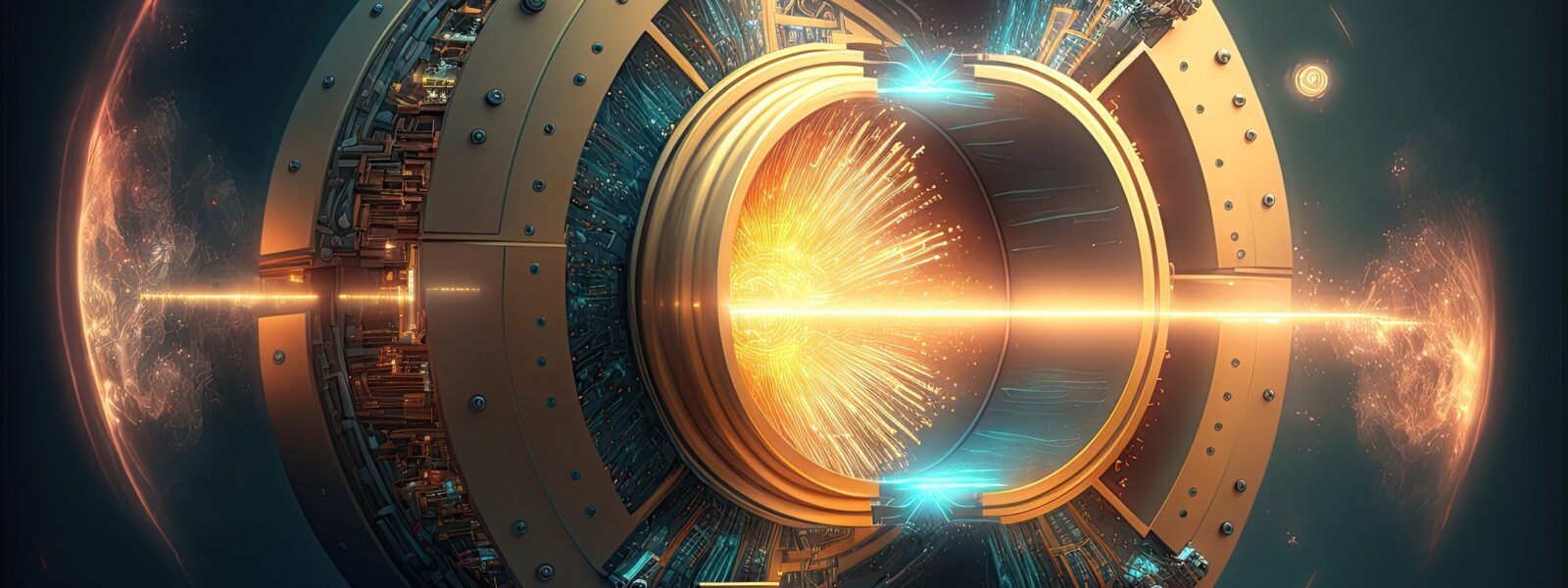LASER CONFINEMENT FUSION WITHOUT WASTE EMISSION

Thanks to innovative materials produced in the Micro-Nano Facility Laboratory at Fondazione Bruno Kessler and a joint effort with the Extreme Light Infrastructure (ELI) Institute in Prague, a laser-confined proton-ion boron fusion has been achieved that can be described as “clean” in that it does not involve the production of neutrons or gamma rays, and therefore does not generate possible radioactive waste.
The scientific and technical details of the experiment, which was revently held in Prague, were described in a paper published in Nature’s journal Communications Physics titled “A multi-MeV alpha particle source via proton-boron fusion driven by a 10-GW table top laser,” whose authors are an international team of researchers led by Daniele Margarone, scientific director at ELI BeamLines, and Antonino Picciotto, FBK researcher and coordinator of technological processes at the Micro-Nano Facility. This was achieved with a small desktop laser, measuring 1.3 meters for each side, and with a higher throughput than all previous similar experiments.
“Taking the smaller scale into account, “Antonino Picciotto explained, “the experiment results match those recently obtained at the NIF (Nuclear Ignition Facility) in the United States. The idea behind these studies is to optimize the fusion reaction, increasing its yield and decreasing the energy supplied to the system for possible future applications in the energy field.”
“At the same time,” Daniele Margarone pointed out, “laser beams like the one used here – which are ultra-compact, low-energy but with high power densities at the target and high repetition rates – may play a key role in the near future as quasi-continuous alpha particle sources. The latter could be used for a variety of applications involving physics, materials science and the medicine.”
“The unique result obtained,” Antonino Picciotto added, “stems from a collaboration of over 15 years between FBK’s Micro-Nano Facility laboratory and the ELI Institute in Prague, thanks to a perfect combination of the knowledge of materials technologies used here for sensor fabrication, and the expertise on laser-matter interaction processes and plasma physics on the part of ELI.”